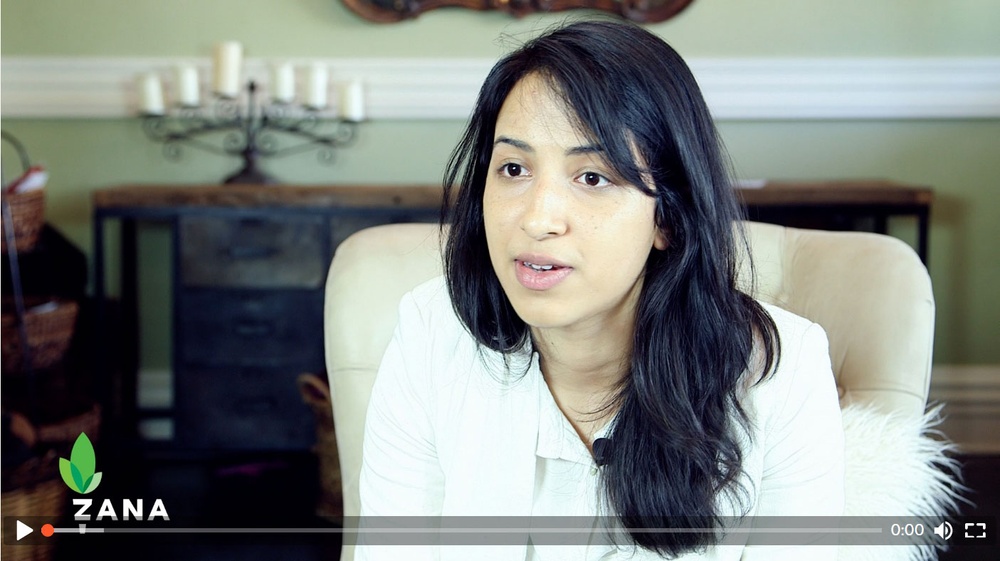At age 17, Noor Siddiqui co-founded Remedy, which provides instant consults for clinicians. She also forewent the traditional route to college and was chosen as a Thiel Fellow, where she was one of 20 entrepreneurs under 20 years old who received a $100,000 grant to bring an idea to life. If anyone can help you execute an idea, it’s Noor.
The below video and write-up are the first in a series of 10 where Noor helps explain how to bring your own startup business idea to life – and how to make it stick.
1. You Must Validate your startup business idea
According to Noor, the first thing you need to do when you have a startup business idea is validate it. Not everyone will see what you see when looking at it. To her, the most important thing you need to figure out is your demographic: who is going to use it, how they’re going to use it, and why.
If you think your users are going to be “moms in Nebraska,” guess who you need to talk to? Book your flight to Lincoln now.
Noor recounts the early stages of Remedy, where she and her team had an idea for a tool that clinicians could use for collaboration. They talked to a variety of doctors at universities, the Mayo Clinic, and more. They asked a ton of questions and figured out how the incorporation of using Google Glass would pan out.
Beyond application questions, there were design questions to which they received answer as well. They narrowed down the users of their product and took into consideration who would be interacting with Google Glass, video feeds, and the interface in general.
“When you’re starting out with an idea, you really just need to talk to the people who’d be using it and make sure that your intuitions about what they want are actually what they want.”
2. Figuring out your startup business model
For Noor, her biggest challenge was figuring out what exactly was the business model behind her product.
She thinks asking that question and finding the answer is something people often overlook because it’s not the most exciting part of launching a company or product.
It goes beyond figuring out what you’re doing and why. Noor advises to really look at operational expenses: who you’re going to hire, how many you’re going to hire, and the cost of doing so.
If you’re trying to attract investment to your startup, follow Noor’s footsteps in getting into your demographic’s shoes – except this time it’s the venture capitalists. Ask yourself, “What does an angel need to see to be able to give me money right now?”
There are a lot of puzzle pieces to building and executing an idea, and Noor says you need to figure out the sequencing of you priorities, priorities like getting the product to the customer or attracting investors. The sequencing must be done deliberately and it takes discipline.
“It’s hard and that’s why startups fail,” Noor said. “And it’s why it takes a long time to build something valuable.”
More summaries of Noor’s lesson will be up soon. Feel free to check her next video, here.
Find this article helpful?
This is just a small sample! Register to unlock our in-depth courses, hundreds of video courses, and a library of playbooks and articles to grow your startup fast. Let us Let us show you!
Submission confirms agreement to our Terms of Service and Privacy Policy.
Already a member? Login
No comments yet.
Start a Membership to join the discussion.
Already a member? Login

